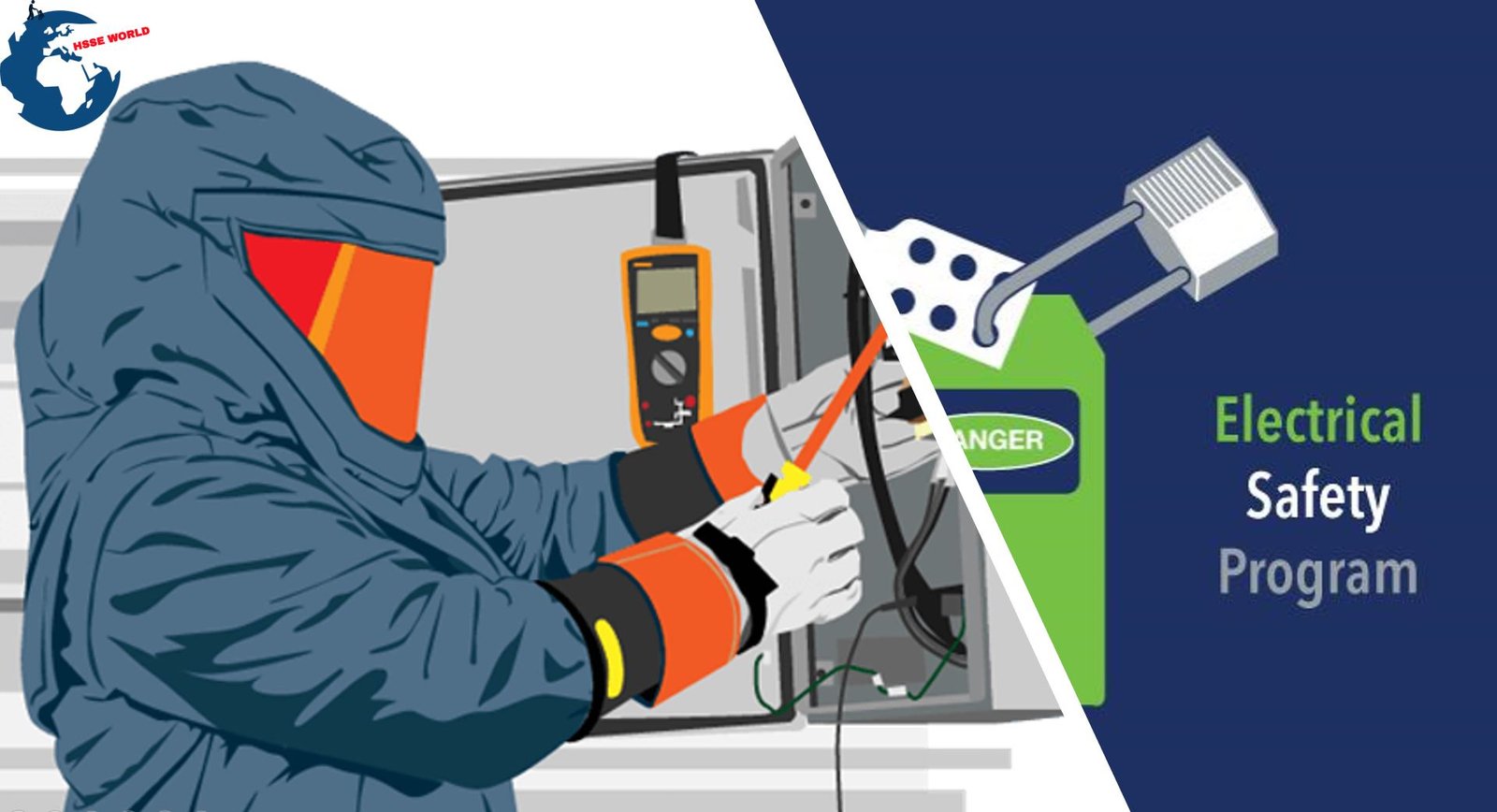how often must employers audit their electrical safety programs
In today's fast-paced work environment, ensuring electrical safety is of utmost importance for employers. As electrical accidents can result in serious injuries or even fatalities, it is crucial for employers to have robust safety programs in place. Regular audits of these programs help identify potential risks, improve safety measures, and protect the well-being of employees.
Importance of Auditing Electrical Safety Programs
An audit of electrical safety programs allows employers to evaluate the effectiveness of their current measures and identify areas of improvement. It provides an opportunity to review policies, procedures, and training programs to ensure compliance with industry standards and legal requirements.
When conducting an electrical safety program audit, employers should consider the following key aspects:
1. Training and Education
Employees must receive proper training and education on electrical safety protocols and procedures. The audit should evaluate the effectiveness of the training programs and assess if they cover all necessary aspects, such as electrical hazards, lockout/tagout procedures, and emergency response plans.

Regular refresher training sessions should be conducted to ensure that employees remain up to date with any changes to safety procedures or equipment. The audit should also verify if adequate records of employee training and certifications are maintained.
2. Equipment Maintenance and Testing
Regular maintenance and testing of electrical equipment is crucial to prevent malfunctions, electrical failures, and potential hazards. Employers should establish a schedule for routine inspections and testing, adhering to manufacturer recommendations and industry standards.

The audit should assess if all electrical equipment is being properly inspected, tested, and maintained. It should also verify if records of maintenance and testing are being accurately documented and maintained.
3. Risk Assessment and Hazard Identification
Employers need to conduct regular risk assessments to identify potential electrical hazards in the workplace. This involves evaluating the work environment, electrical systems, equipment, and tasks performed by employees.
During the audit, employers should review the effectiveness of the risk assessment process. It should ensure that the identified hazards are adequately addressed through appropriate control measures, such as installation of proper grounding, insulation, and protective devices.

The audit should also assess if employees are trained to recognize electrical hazards and report them promptly to the appropriate personnel.
4. Incident Investigation and Reporting
When electrical accidents or near-miss incidents occur, it is crucial to conduct thorough investigations to determine the root causes and prevent similar incidents in the future. Employers should have a structured incident reporting system in place to encourage employees to report all incidents promptly.
The audit should evaluate the effectiveness of the incident investigation and reporting process. It should assess if incidents are properly documented, investigated, and analyzed to identify trends, root causes, and necessary corrective actions.

Employers should regularly review the incident reports to identify any recurring issues and take appropriate measures to prevent future incidents. These measures may include additional training, equipment upgrades, or revising safety procedures.
5. Regulatory Compliance
Electrical safety programs must adhere to all relevant regulatory requirements and standards. An audit should assess if the programs comply with local, national, and international electrical safety regulations.
During the audit, employers should review documentation, permits, licenses, and certifications to ensure compliance. It should also assess if the safety programs incorporate any recent changes in regulations.
Conclusion
Regular audits of electrical safety programs are essential for employers to ensure the well-being of their employees and maintain a safe work environment. By evaluating training programs, equipment maintenance, risk assessment processes, incident investigation procedures, and regulatory compliance, employers can continuously improve their electrical safety measures.
Remember, electrical safety is not just a legal obligation; it is a moral responsibility. Prioritizing safety through regular audits will not only protect employees but also contribute to enhanced productivity, reduced downtime, and a positive working environment.


Post a Comment for "how often must employers audit their electrical safety programs"
Post a Comment